Regulation
Bloomberg Analyst Shares Timeline On SOL, XRP, LTC, HBAR ETFs’ Approval
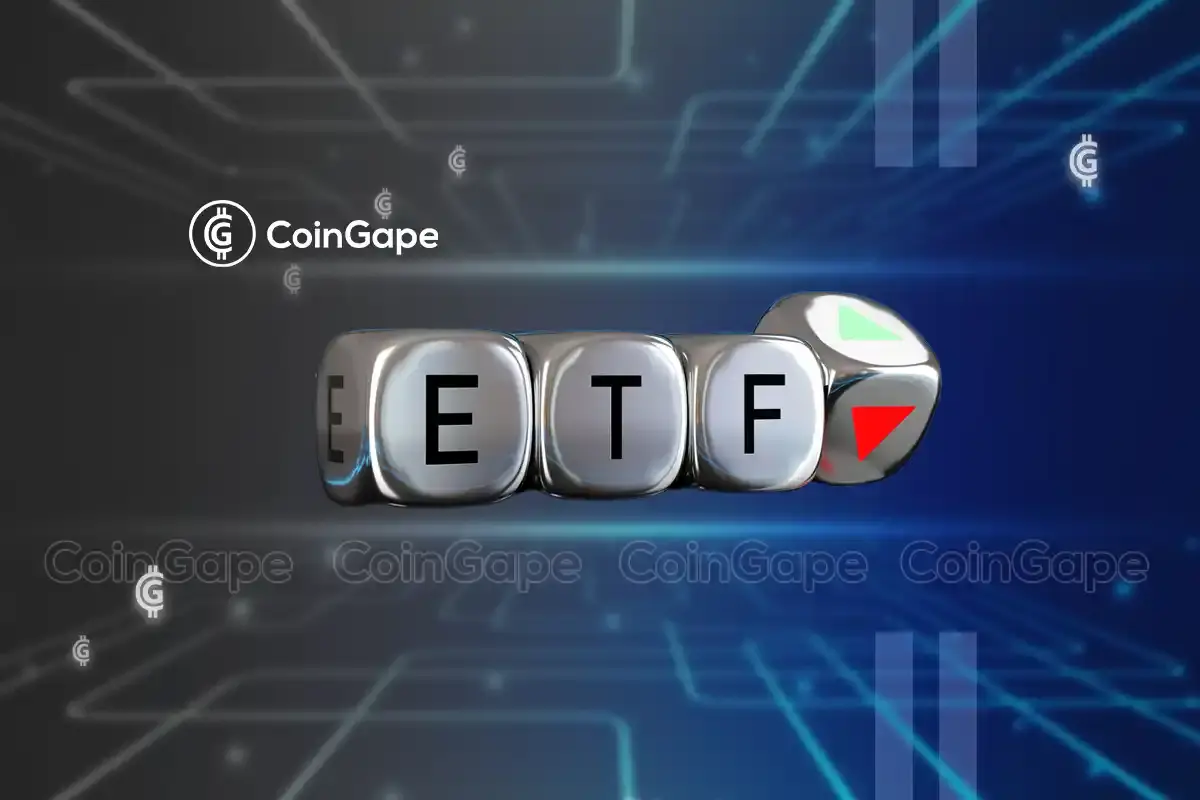
Bloomberg Analyst James Seyffart has outlined potential timelines for the approval of Solana (SOL), XRP, Litecoin (LTC), and Hedera (HBAR) exchange-traded funds (ETFs). As regulatory discussions gain traction in the United States, Seyffart predicts that decisions on these altcoin ETFs may extend into late 2025, depending on various factors.
Bloomberg Analyst Shares Timeline On Altcoin ETFs’ Approval
According to Bloomberg Analyst James Seyffart, the current environment is still a bit murky when it comes to altcoin ETFs because of previous decisions made by the SEC. The approval of Bitcoin and Ethereum ETFs was mainly due to their connection with the CME regulated futures markets. However, many of the altcoins, including SOL and XRP, do not have regulated futures markets by their side and this could slower down the process of ETF consideration.
“Without a regulated market of significant size, the SEC has historically denied altcoin ETF applications,” said Seyffart. He noted that new SEC leadership in 2025 could alter these guidelines, but timeframes for obtaining approval are still unclear.
Seyffart also noted that even though firms like WisdomTree and 21Shares have recently applied for XRP ETFs, the current regulations do not permit their launch. Some of the issues that will need to be sorted out include the issue of market manipulation, custody and compliance issues before such products can be allowed to go through.
XRP ETF Applications and Staking in ETFs
Recent XRP ETF filings, including one by WisdomTree under the name “WisdomTree XRP Fund,” are seen as a step forward for altcoin ETFs. The registration for this fund was submitted in Delaware, and the company is expected to file the formal S-1 registration with the US SEC soon.
Bloomberg Analyst James Seyffart has emphasized that staking for altcoins like Ethereum and potentially others, such as SOL and XRP, could become an essential component of future ETFs. However, he noted that current regulations do not permit staking within ETF structures.
“If a more crypto-friendly US SEC administration takes charge, we may see staking allowed in 2025,” he said, suggesting that allowing staking could increase demand for such products.
Filing Timelines and US SEC Approval Process
Bloomberg Analyst James Seyffart has outlined the difference between the two key filing processes for ETFs: the 19b-4 rule filings with the SEC’s Division of Trading Markets, which starts a formal review period with set deadlines, and S-1 prospectuses, which lack fixed timelines.
He noted that while Bitcoin and Ethereum ETFs progressed through the 19b-4 process, most altcoin ETFs have yet to do so. This means their approval is not yet on a regulatory clock.
“Even if altcoin ETF filings begin the 19b-4 process today, decisions could take until late 2025,” Seyffart stated.
The analyst added that the upcoming leadership changes at the SEC could also affect the speed of approvals. A new US SEC chair under a pro-crypto administration may accelerate timelines, but the extent of such changes remains uncertain.
The Role of Index and Basket ETFs
Bloomberg analyst James Seyffart also commented on the possibility of multi-asset index ETFs, like the ones investing in BTC, ETH, and other cryptocurrencies including SOL and XRP. Some products like Grayscale’s GDLC and Bitwise’s Crypto 10 Index which have applied for ETF conversion may not be as much affected by the regulatory issues since they are heavily exposed to Bitcoin and Ethereum.
He explained that regulatory concerns regarding altcoins in these index ETFs could be mitigated if the majority of the fund’s allocation remains in Bitcoin and Ethereum. However, SEC approval for these products will likely depend on whether the agency considers the smaller altcoin holdings compliant with existing rules.
Seyffart was hopeful though not very confident about the approval of altcoin ETFs, noting the fact that it will all be determined by the new SEC administration. In his view, the first decisions regarding ETFs for XRP, SOL, LTC, and HBAR may be made in 2025, but the frequency of such decisions will depend on changes in the leadership and general shifts in the regulatory environment.
Disclaimer: The presented content may include the personal opinion of the author and is subject to market condition. Do your market research before investing in cryptocurrencies. The author or the publication does not hold any responsibility for your personal financial loss.
Regulation
US SEC Acknowledges Fidelity’s Filing for Solana ETF
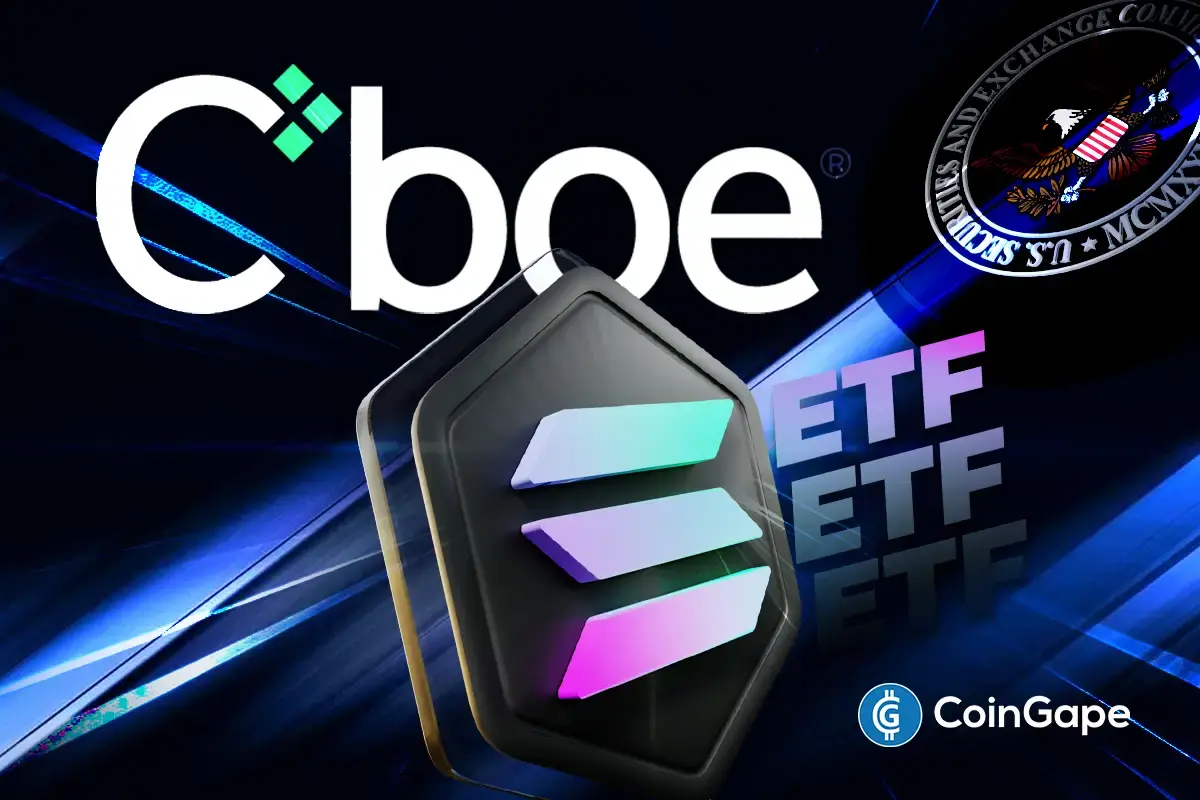
The U.S. Securities and Exchange Commission (SEC) has formally acknowledged the filing for Fidelity’s spot Solana (SOL) Exchange-Traded Fund (ETF).
This marks a key development in the financial industry, as Fidelity seeks to list its Solana ETF on the Cboe BZX Exchange. The acknowledgment comes after Fidelity submitted a proposed rule change, paving the way for the potential approval of the product.
Fidelity’s Spot Solana ETF Proposal
The SEC’s acknowledgment follows Fidelity’s filing to list and trade shares of the Fidelity Solana Fund under the Cboe BZX Exchange. The proposed rule change, initially submitted on March 25, was later amended on April 1, 2025, to clarify certain points and add additional details.
The amended proposal aims to list the Solana ETF under BZX Rule, which pertains to commodity-based trust shares. According to the Cboe BZX Exchange, Fidelity plans to register the shares with the SEC through a registration statement on Form S-1.
Fidelity’s experience with crypto ETFs, having launched the Fidelity Wise Origin Bitcoin Fund (FBTC) and the Fidelity Ethereum Fund (FETH), has prepared it for this new initiative. FBTC has drawn substantial interest, accumulating nearly $17 billion in assets, while FETH currently manages around $975 million.
This Is A Developing News, Please Check Back For More
Disclaimer: The presented content may include the personal opinion of the author and is subject to market condition. Do your market research before investing in cryptocurrencies. The author or the publication does not hold any responsibility for your personal financial loss.
Regulation
US Senate Banking Committee Approves Paul Atkins Nomination For SEC Chair Role

The U.S. Senate Banking Committee has voted to approve Paul Atkins’ nomination for the role of Chair of the Securities and Exchange Commission (SEC). The vote, which took place on Thursday, passed with a narrow margin of 13-11, along party lines.
Paul Atkins, nominated by President Donald Trump, now moves one step closer to taking over the top regulatory position at the US SEC.
Senate Banking Committee Approves Paul Atkins Nomination
Paul Atkins’ nomination for SEC Chair has received approval despite sharp opposition from Democratic members of the Senate Banking Committee. The vote was entirely split, with Republicans supporting Atkins and all Democrats opposing the decision.
This partisan divide highlights the contentious nature of Atkins’ confirmation, which had been under scrutiny for several reasons.
The committee’s approval now clears the path for Atkins to proceed to the full Senate for a final confirmation vote. Given the Republican-controlled Senate, it is widely expected that Atkins will secure the necessary votes to take over the SEC leadership. With Republicans holding a 53-47 majority in the Senate, the confirmation process is anticipated to move forward swiftly.
This Is A Developing News, Please Check Back For More
Disclaimer: The presented content may include the personal opinion of the author and is subject to market condition. Do your market research before investing in cryptocurrencies. The author or the publication does not hold any responsibility for your personal financial loss.
Regulation
Kraken Obtains Restricted Dealer Registration in Canada

Cryptocurrency exchange Kraken has obtained a Restricted Dealer registration in Canada. The registration comes after completing a pre-registration undertaking (PRU) process with Canadian authorities.
The exchange has also announced the appointment of Cynthia Del Pozo as its new General Manager for North America. Del Pozo will oversee Kraken’s growth initiatives in Canada.
Kraken Completes PRU Process In Canada
Kraken’s Restricted Dealer registration marks the completion of a thorough pre-registration undertaking (PRU) process with Canadian regulators. The registration places Kraken under the supervision of the Ontario Securities Commission (OSC). This oversight ensures users have access to secure crypto products within a properly regulated local ecosystem.
According to the Canadian Securities Administrators (CSA), the Restricted Dealer registration is one of eight firm registration types in Canada. This particular classification is used for firms that “do not quite fit under any other category.” It also comes with specific requirements and conditions set by securities regulators.
Kraken’s regulatory achievement comes during a period of change in the Canadian crypto sector. Just months earlier, competitor Gemini exchange announced its departure from the Canadian exchange market by the end of 2024. This was a move that surprised many and raised questions about cryptocurrency regulation clarity in the country.
Kraken Introduces New Canadian GM
Del Pozo has joined Kraken to lead its Canadian operations as the new General Manager for North America. She has nearly 15 years of experience in corporate development, operations, and fintech consulting. Del Pozo will help to guide Kraken’s expansion across Canada during this important phase of crypto’s development in the region.
“Canada is at a turning point for crypto adoption, with a growing number of investors and institutions recognizing digital assets as a vital part of the financial future. I’m thrilled to join Kraken’s mission at this critical moment, and to lead our expansion efforts, ensuring we continue to serve our clients long-term with innovative and compliant products,” said Del Pozo.
In her role, Del Pozo will focus on strengthening Kraken’s regulatory relationships and also scaling the company’s presence throughout North America.
Del Pozo also commented on the registration achievement: “This Restricted Dealer registration is testament to the high bar Kraken has always set for consumer protection, client service, and robust security. We’re excited to continue expanding our world-class investment platform and to deliver innovative products that provide real-world utility to Canadians.”
The Exchange’s Continued Growth In Canada
Over the past two years, the cryptocurrency exchange has shown steady expansion in Canada while working through the PRU process with regulators. During this period, the exchange has doubled its team size and monthly active users.
According to the official blog post figures, the firm now has more than $2 billion CAD in total client assets under custody. Kraken has also increased support for some of the most popular cryptocurrencies. It provides several CAD spot trading pairs that enable Canadians to trade crypto without paying expensive foreign exchange fees.
According to Innovative Research Group’s 2024 Investor Survey, 30% of Canadian investors currently own or have owned cryptocurrencies. Likewise, a KPMG Canada survey discovered that 30% of Canadian institutional investors now have exposure to cryptocurrencies, which means widespread adoption across investor types.
Disclaimer: The presented content may include the personal opinion of the author and is subject to market condition. Do your market research before investing in cryptocurrencies. The author or the publication does not hold any responsibility for your personal financial loss.
-

 Altcoin24 hours ago
Altcoin24 hours agoHow Will Elon Musk Leaving DOGE Impact Dogecoin Price?
-

 Ethereum22 hours ago
Ethereum22 hours agoWhy A Massive Drop To $1,400 Could Rock The Underperformer
-

 Altcoin21 hours ago
Altcoin21 hours agoFirst Digital Trust Denies Justin Sun’s Allegations, Claims Full Solvency
-
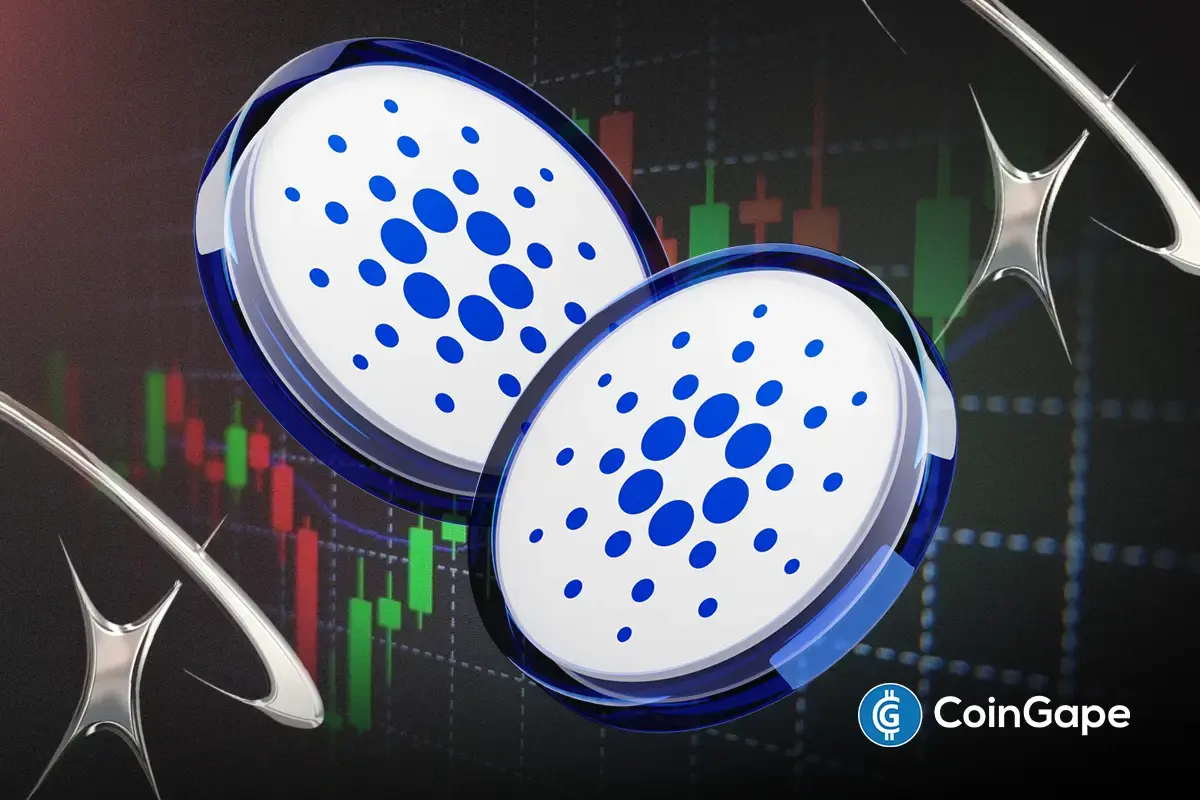
 Altcoin22 hours ago
Altcoin22 hours agoWill Cardano Price Bounce Back to $0.70 or Crash to $0.60?
-

 Market4 hours ago
Market4 hours agoBitcoin’s Future After Trump Tariffs
-
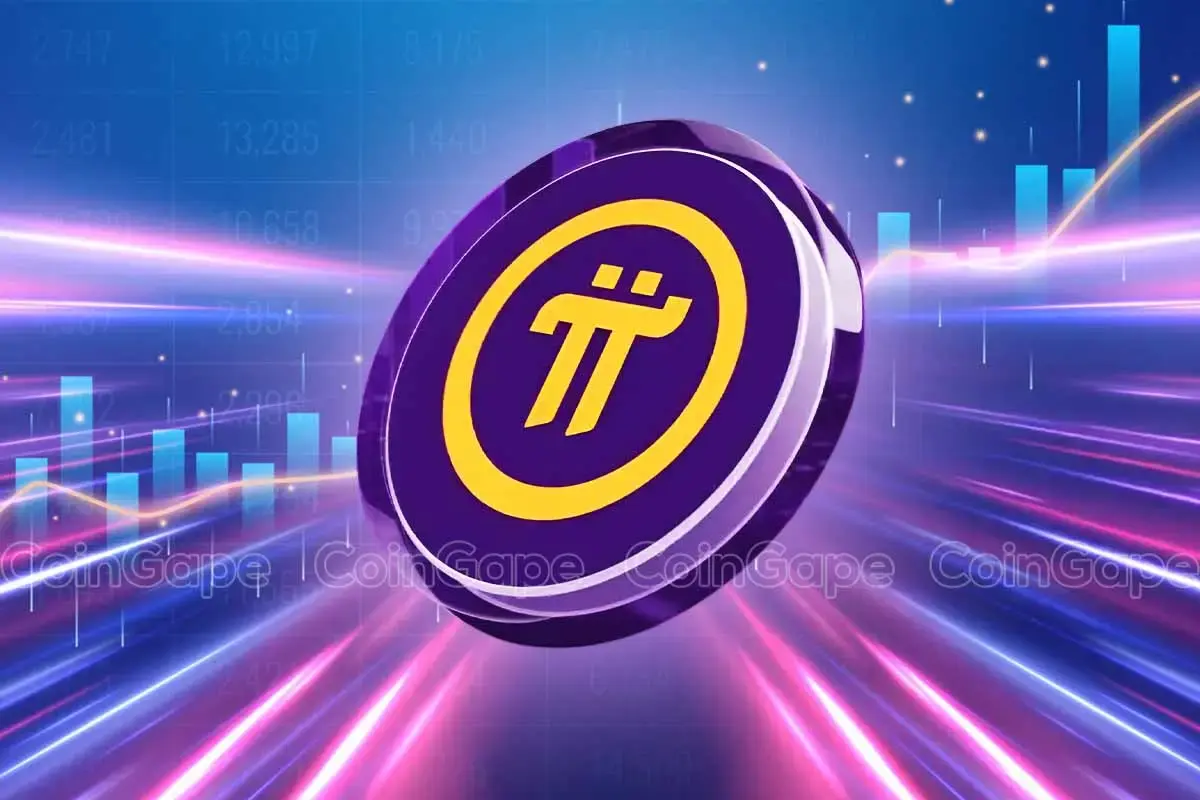
 Altcoin17 hours ago
Altcoin17 hours agoBinance Sidelines Pi Network Again In Vote To List Initiative, Here’s All
-

 Market14 hours ago
Market14 hours agoXRP Price Under Pressure—New Lows Signal More Trouble Ahead
-

 Altcoin13 hours ago
Altcoin13 hours agoAnalyst Forecasts 250% Dogecoin Price Rally If This Level Holds


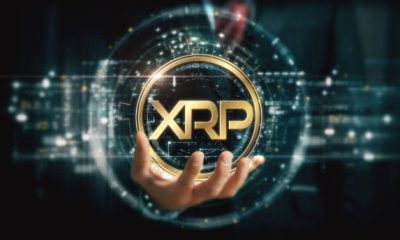

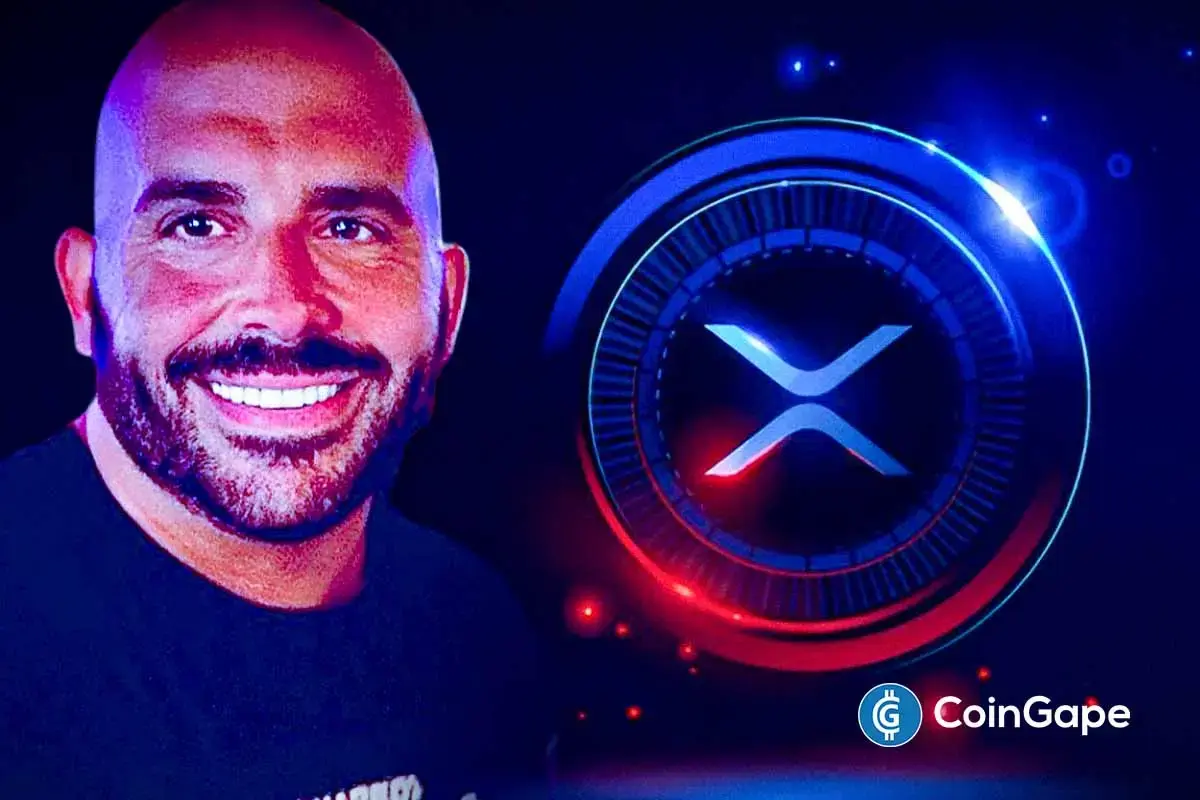













✓ Share: